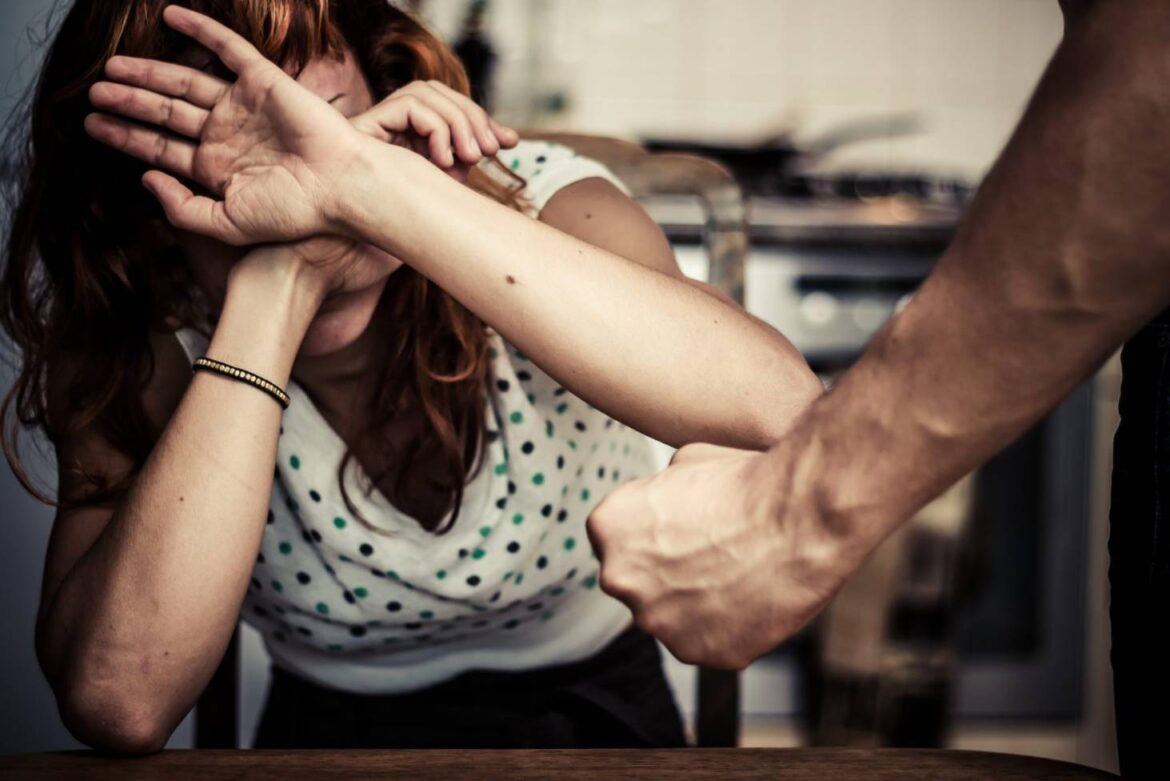A notable minority of young people experience some form of aggression from their partner in their early relationships.
While the numbers vary from study to study, somewhere between 10%-48% of teens report experiencing physical aggression in their dating relationships (pushing, slapping, hitting, hitting the partner down), and one-quarter to one-half of report psychological aggression (making fun of their partner, screaming in their face, calling them names, saying negative things about their appearance).
Some 31% of girls and 16% of boys also experience sexual violence in their early relationships.
In some cases, the abuse can be less easy to spot. See our article on Controlling Partners for more information.
Why do people stay in abusive relationships?
Young people often stay in violent relationships for a number of reasons:
- they may feel guilty
- they may feel like it was their own fault
- they may justify the behavior as ‘caring’
- they may begin to see the behavior as normal
- or it may be that having a boy/girlfriend brings status.
Some people may think that if their partner is violent, it’s just a one-off occurrence. However, evidence shows that a violent partner is likely to be violent in the future if they do not seek help or support.

Img Source: totalsororitymove.com
How can people in abusive relationships get help?
Most young people who experience violence tell no one or confide in a friend. While friends are able to offer support, there’s a limit as to how much they can protect the person from further violence.
This reluctance is not limited to teens – adults also tend to avoid seeking support when experiencing domestic violence.
See our list of organizations that can help you if you are experiencing abuse in your relationship.
If you need someone to talk to about any relationship issues, theCoupleConnection’s Listening Room is open every night from 9 pm to 10 pm.

